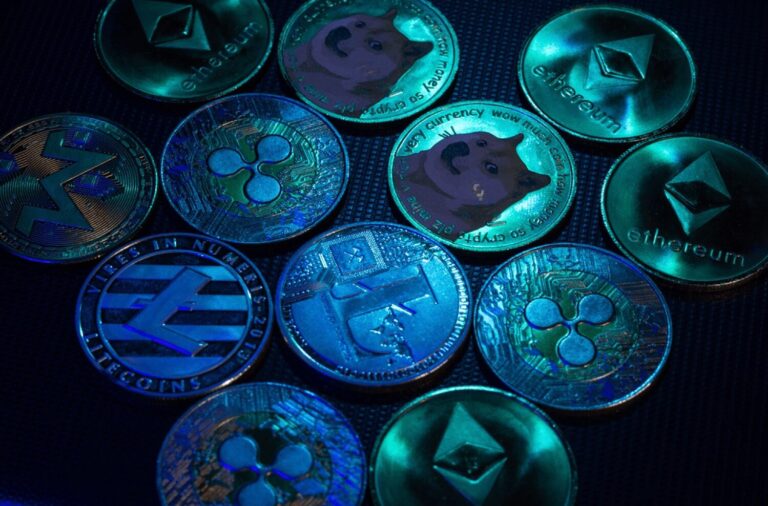
In a surprising twist, JPMorgan has confirmed it will allow its clients to purchase Bitcoin—despite CEO Jamie Dimon’s outspoken disdain for the cryptocurrency. This development marks a notable pivot for one of the world’s most influential banks, suggesting a strategic, if cautious, shift in how Wall Street is adapting to digital assets.
For years, Jamie Dimon has been a vocal critic of Bitcoin. He’s famously compared the asset to a “Ponzi scheme” and continues to question its utility and underlying value. Yet, even as his public stance remains firmly skeptical, JPMorgan appears to be quietly stepping deeper into the crypto space to meet increasing client demand.
Embracing Bitcoin—With Reservations
Speaking during JPMorgan’s recent Investor Day, Dimon clarified the bank’s position: clients now have the green light to buy Bitcoin through the institution. The announcement reflects an evolving attitude within traditional finance circles, particularly among asset managers catering to a new generation of investors who want exposure to crypto.
This doesn’t mean JPMorgan has become a Bitcoin cheerleader. Far from it. Dimon reiterated his personal disdain for the asset, saying, “I don’t know what Bitcoin is for, but I defend your right to buy it—just like I’d defend your right to smoke a cigarette. I’m not touching it myself.” This candid metaphor captures the essence of JPMorgan’s new strategy: offer access without endorsement.
Blockchain Moves Behind the Scenes
While the headlines focus on Bitcoin trading, JPMorgan has been quietly but steadily expanding its presence in blockchain technology. Just last week, the bank completed its first publicly disclosed transaction involving tokenized U.S. Treasury securities. The deal, conducted in partnership with blockchain projects like Chainlink and Ondo Finance, represents a significant step forward in the institutional use of blockchain infrastructure.
Tokenization—turning real-world assets into digital tokens that can be traded on-chain—has been heralded as one of the most promising applications of blockchain in finance. JPMorgan’s successful execution of a tokenized treasuries trade signals a growing willingness to explore blockchain-powered efficiency, even as it treads cautiously around specific cryptocurrencies like Bitcoin.
No Bitcoin Custody—Yet
Despite allowing customers to buy Bitcoin, JPMorgan is drawing a firm line when it comes to custody. The bank has explicitly stated it will not offer custodial services for BTC, at least not at this stage.
This selective participation allows JPMorgan to maintain control over risk exposure while signaling to clients that it’s willing to facilitate their interest in digital assets. It also offers a way to dip into the crypto market without fully engaging in its most complex operational layers.
In short, JPMorgan’s Bitcoin play is more about keeping up with the times than endorsing the technology or ideology behind the asset. By allowing Bitcoin purchases but rejecting custody, the bank is hedging its position—giving clients what they want while keeping regulatory and reputational risks at bay.
Strategic Shift Amid Soaring Demand
The move comes at a time when the broader market interest in Bitcoin is surging. The asset currently trades just under 4% below its all-time high of $109,000, fueled by institutional inflows and mainstream acceptance. JPMorgan’s entry into Bitcoin trading aligns with a broader trend of traditional finance firms cautiously exploring the digital asset space.
Despite Jamie Dimon’s personal reluctance, his bank’s actions speak volumes. As crypto becomes harder to ignore, even the biggest skeptics are finding themselves drawn in—if only to stay competitive. JPMorgan’s latest move demonstrates a nuanced approach: embrace blockchain innovation, respond to market trends, but do so on your own terms.


